Wesfarmers boss Michael Chaney says foreign investors are ‘wary of no vote’ on voice
Wesfarmers chairman Michael Chaney says the Indigenous voice referendum is being watched closely overseas and Australia’s reputation as a ‘fair place’ is at risk if it fails.
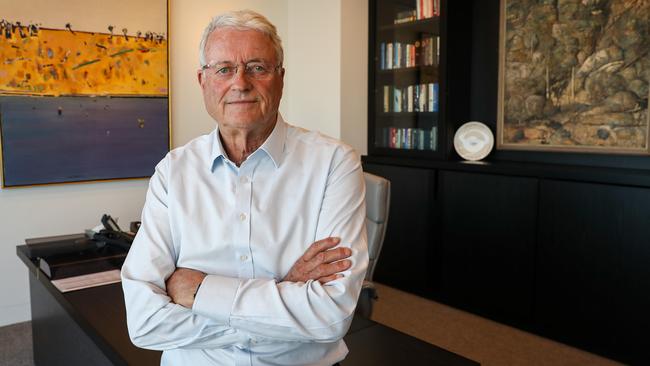
Wesfarmers chairman Michael Chaney says international investors are watching the Indigenous voice referendum closely and will question whether Australia is a “fair place” if it fails.
Mr Chaney, a prominent supporter of constitutional change, said opposing the referendum would betray Wesfarmers’ Indigenous employees, customers and suppliers, as well as the Australian people.
The business veteran, who has led the boards of NAB and Woodside Energy, said chief executives of other big companies universally shared the same view.
The intervention, which sparked criticism from No campaigners and drew scepticism from other business leaders, comes as the government’s Constitution Alteration Bill outlining the referendum question and voice model Australians will vote on is set to pass the House of Representatives this week.
It will be debated and voted on in the Senate in June, with increasing expectations the referendum will be held in October.
Anthony Albanese will also deliver a major speech on Monday as he seeks to build momentum behind the Yes campaign and the government’s voice model, saying a successful referendum would allow Australians to “truly live the spirit of the fair go”. Mr Chaney told the Future Generation 2fold podcast that corporates had a very important role in the debate.
“We employ 100,000 people of whom 4000 approximately are Indigenous people,” he said.
“We have suppliers who are Indigenous suppliers. Many of our customers are Indigenous people, whether it’s in Bunnings or Kmart and Target and so on.
“We have international shareholders who are looking with great interest at this referendum and (who) frankly … would throw their hands up if it were lost and wonder about Australia as a fair place.
“If you think of all of those things, not supporting this referendum would be betrayal of all of those people I’ve mentioned … and I think betrayal of the Australian people because we think this is a very important move, a uniting move in Australia, and it should be supported.”
The warning was immediately attacked by the No camp while the Australian Chamber of Commerce and Industry described it as “overreach”.
Indigenous leader Marcia Langton, however, said some offshore investors were very concerned as they followed the referendum debate. “They were engaged after the Juukan Gorge disaster and are also watching policy and legal developments to ensure they are not investing in projects based on denying our rights,” Professor Langton, a member of the government’s referendum working group, told The Australian. The referendum outcome will send a clear signal about the kind of country Australia is and reputational issues for big investors concerned about their social impacts.”
Delivering the Lowitja O’Donoghue oration in Adelaide on Monday, the Prime Minister will say Australians can “go one better” than the 1967 referendum, which allowed the commonwealth to make laws for Indigenous people and included them in the census.
“It (the ’67 referendum) was about what was right. That’s what resonated within us then. That’s what drives us still,” Mr Albanese will say. “In 2023, our generation can go one better. Instead of removing a provision that no longer speaks for who we are, we can make a positive change that speaks for the future we seek to build.
“This can be a moment of Australian unity, an extraordinary opportunity for every Australian to be counted and heard – to own this change and be proud of it, and truly live the spirit of the fair go.”
ACCI chief executive Andrew McKellar said the organisation, said to be the country’s largest and most representative business network, had decided the referendum was not fundamentally a business issue and would not advocate a Yes or No vote. He cautioned against drawing links between what happened in a democratic process and what international investors thought.
“At the end of the day they don’t get a vote; they get a vote on where their money goes. People invest in all sorts of countries with all sorts of standards of governance and human rights. It’s an overreach,” Mr McKellar said.
“If you agree with it (the referendum), great, if you don’t agree with it, same deal.
“To try and co-opt something like international image or international investor appetite to something that is fundamentally an issue for Australian voters to determine in their own good conscience, I’d be really careful about trying to use that as a political persuasion.”
Australian Industry Group chief executive Innes Willox, who chairs the Global Business Coalition that lobbies G20 nations on behalf of industry, said the voice had not been raised at any international business forums or discussions in recent months.
“The focus of talks, rather, has been on inflation, trade facilitation, energy costs, digitalisation and skills shortages,” he said.
“There may be some interest in the vote later in the year but there is a longstanding tendency to overthink how the rest of the world is looking on at internal issues.”
Indigenous Australians Minister Linda Burney was approached for comment.
Opposition Indigenous Australians spokeswoman Jacinta Nampijinpa Price said a No vote would indicate to foreign investors that Australia was an ideal place to invest in.
“Our nation has been built on free market values and a Yes vote threatens those values. Smart people learn from global history and racial division has only ever lead to destructive and crippling outcomes,” she said.
“If Australia votes No we maintain sovereignty, we demonstrate that we believe in equality and the rule of law.”
Indigenous leader and leading No campaigner Nyunggai Warren Mundine, said Mr Chaney’s comments were “insane” and “absolute nonsense”, as overseas companies were lining up to invest in Australian businesses, goods and resources.
Mr Mundine acknowledged there were racists in Australia but said compared to any other country “we come out like a shining light”.
“The evidence is millions of people are trying to get into this country. Australia is one of the fairest countries in the world, one of the strongest liberal democracies in the world,” he said.
“People are risking their lives to get into Australia. You don’t see people getting on boats and leaving. We’re the most liberal, the most equal country in the world and for people to make even a comment about that, they don’t have a clue what they’re talking about.”
Mr Chaney, boss of Wesfarmers for 13 years before retiring from the position in 2005 to later become its chairman in 2015, said he didn’t think his position would be seen as “elitist interference”.
While it was up to individual Australians to vote as they pleased, he said he believed the voice was something all Australians, organisations and companies should get behind. He said “absolutely” the voice should have the power to make representations to executive government, which has been the most divisive element of the voice model.
Mr Albanese will say a successful referendum would not just show each other but the world that Australia was a “mature nation coming to terms with our history, assured of our values, and shaping our own destiny”.
“Yes, there are scare campaigns. But what those campaigns have in common is that they underestimate Australians so radically. Claims have been made that the voice to parliament could even have an effect on parking tickets. It’s only a matter of time before they tell us that the voice will fade the curtains,” he will say, according to an embargoed copy of his speech, titled ‘A Moment to Unite’.
“Australians won’t succumb to their appeals to fear and their ever more ludicrous invitations to jump at our own shadows. That’s because Australians have a healthy scepticism of doomsayers, a scepticism kept in good health by memories of all the predictions offered by the Chicken Littles of the past.”

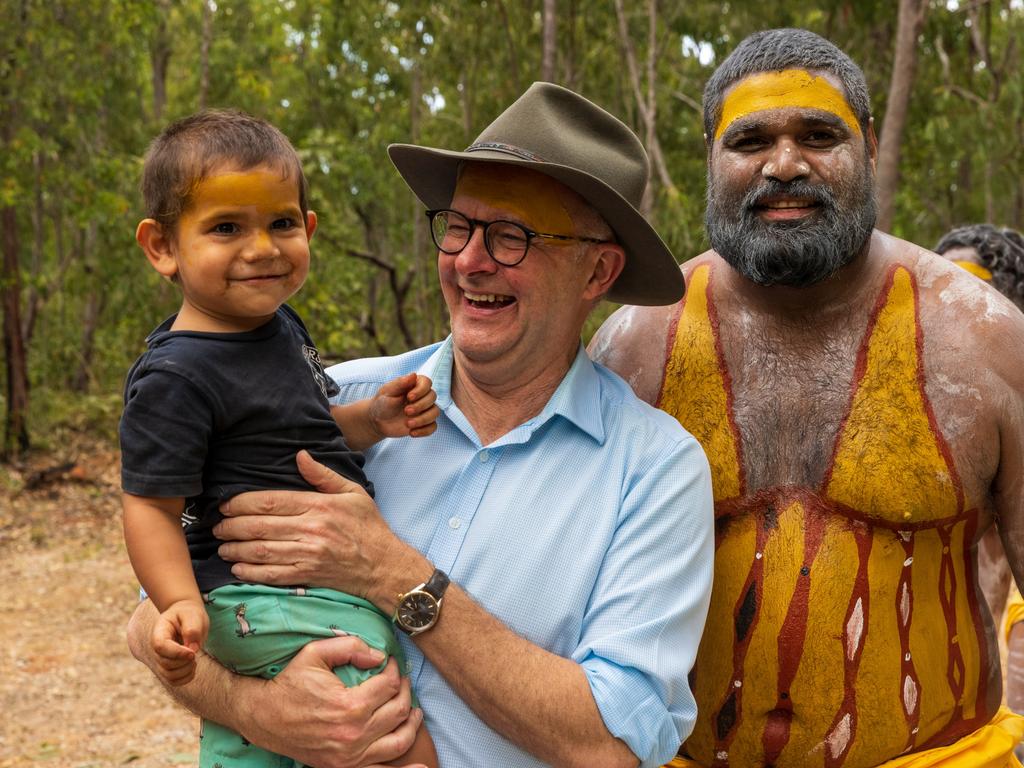
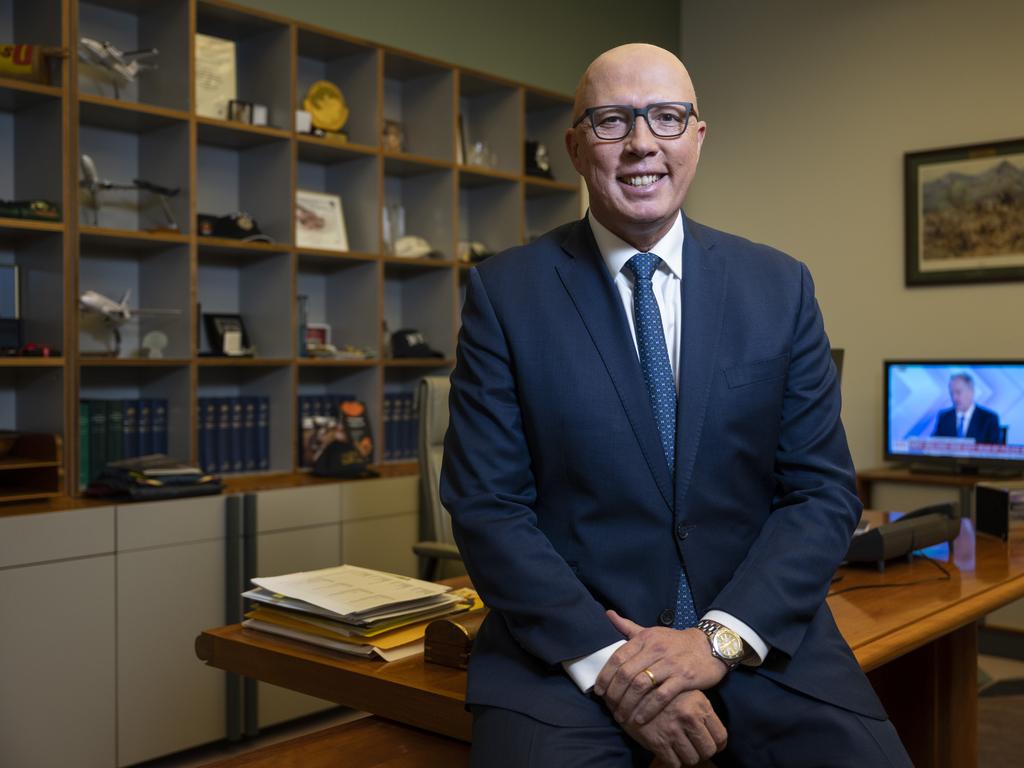
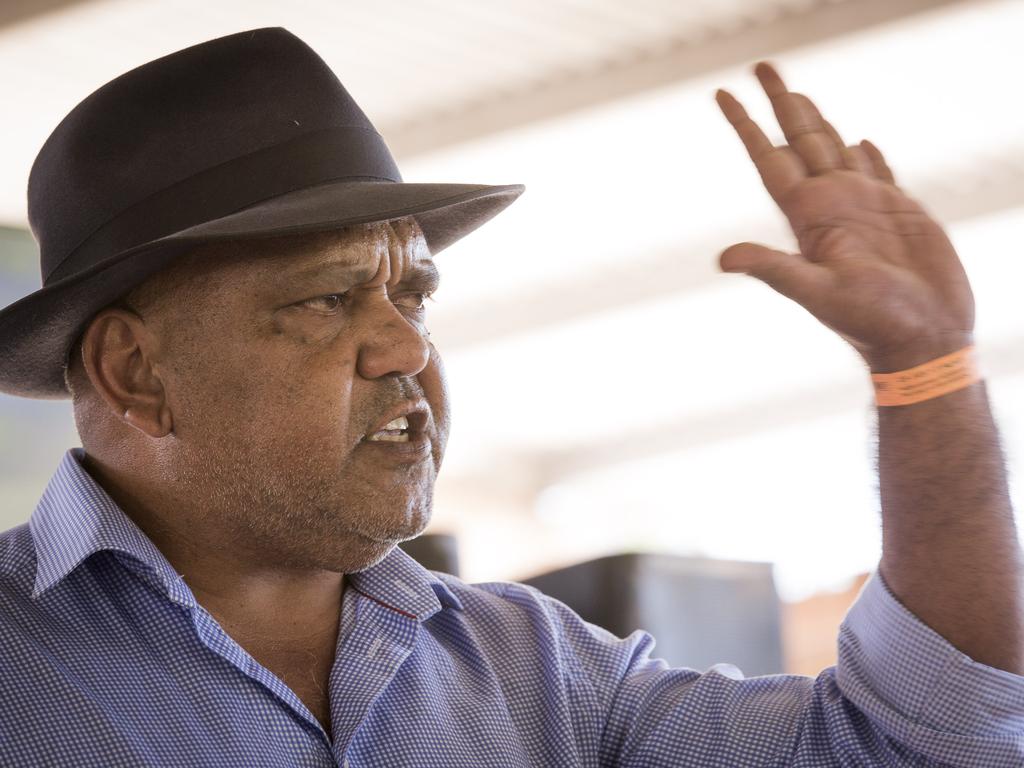
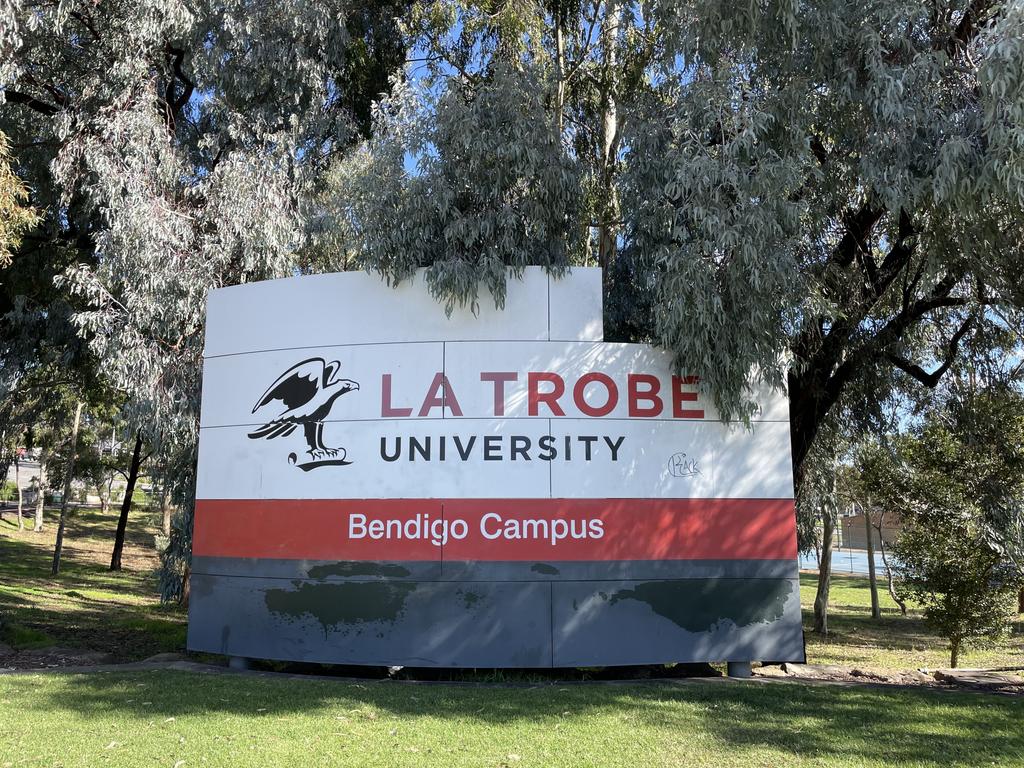


To join the conversation, please log in. Don't have an account? Register
Join the conversation, you are commenting as Logout